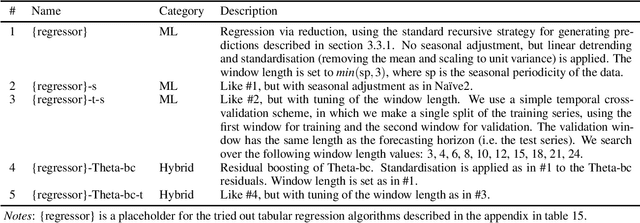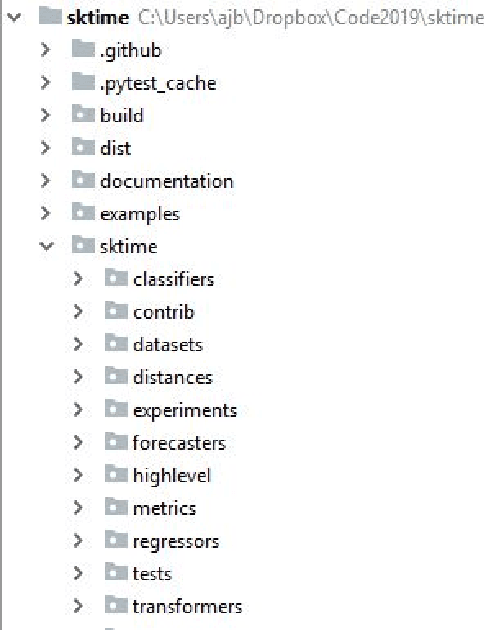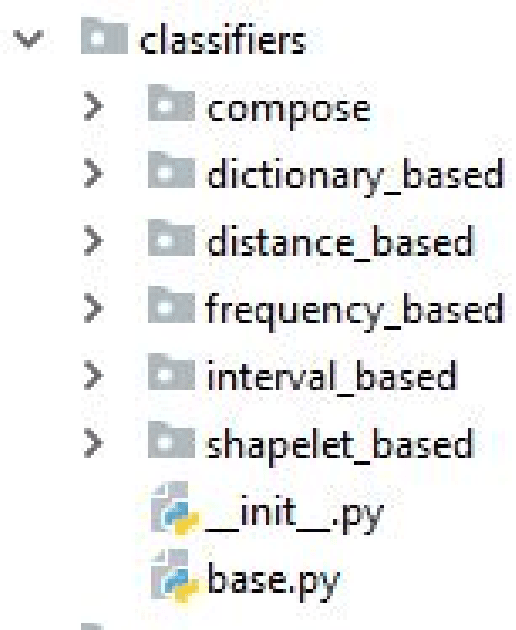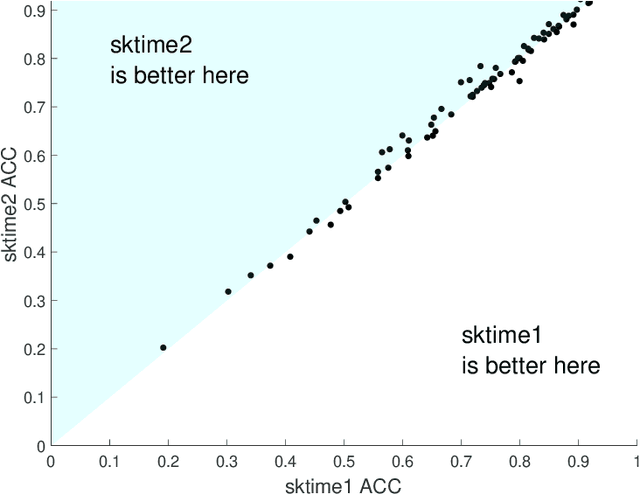Franz Király
Forecasting with sktime: Designing sktime's New Forecasting API and Applying It to Replicate and Extend the M4 Study
Jun 08, 2020



Abstract:We present a new open-source framework for forecasting in Python. Our framework forms part of sktime, a more general machine learning toolbox for time series with scikit-learn compatible interfaces for different learning tasks. Our new framework provides dedicated forecasting algorithms and tools to build, tune and evaluate composite models. We use sktime to both replicate and extend key results from the M4 forecasting study. In particular, we further investigate the potential of simple off-the-shelf machine learning approaches for univariate forecasting. Our main results are that simple hybrid approaches can boost the performance of statistical models, and that simple pure approaches can achieve competitive performance on the hourly data set, outperforming the statistical algorithms and coming close to the M4 winner.
A tale of two toolkits, report the first: benchmarking time series classification algorithms for correctness and efficiency
Oct 07, 2019



Abstract:sktime is an open source, Python based, sklearn compatible toolkit for time series analysis developed by researchers at the University of East Anglia (UEA), University College London and the Alan Turing Institute. A key initial goal for sktime was to provide time series classification functionality equivalent to that available in a related java package, tsml, also developed at UEA. We describe the implementation of six such classifiers in sktime and compare them to their tsml equivalents. We demonstrate correctness through equivalence of accuracy on a range of standard test problems and compare the build time of the different implementations. We find that there is significant difference in accuracy on only one of the six algorithms we look at (Proximity Forest). This difference is causing us some pain in debugging. We found a much wider range of difference in efficiency. Again, this was not unexpected, but it does highlight ways both toolkits could be improved.
Fano schemes of generic intersections and machine learning
Jan 14, 2013Abstract:We investigate Fano schemes of conditionally generic intersections, i.e. of hypersurfaces in projective space chosen generically up to additional conditions. Via a correspondence between generic properties of algebraic varieties and events in probability spaces that occur with probability one, we use the obtained results on Fano schemes to solve a problem in machine learning.
 Add to Chrome
Add to Chrome Add to Firefox
Add to Firefox Add to Edge
Add to Edge